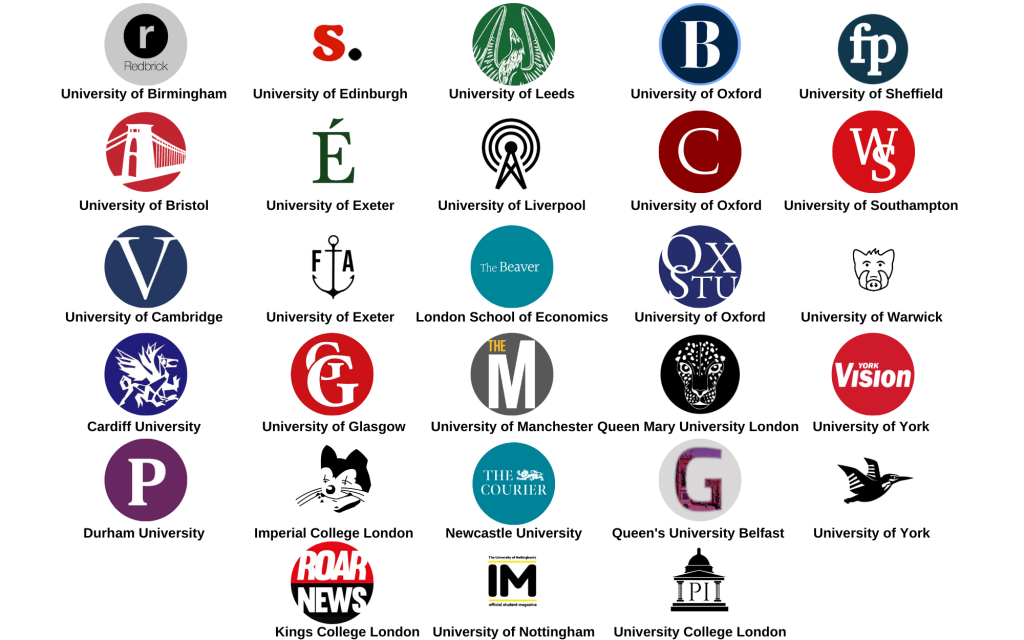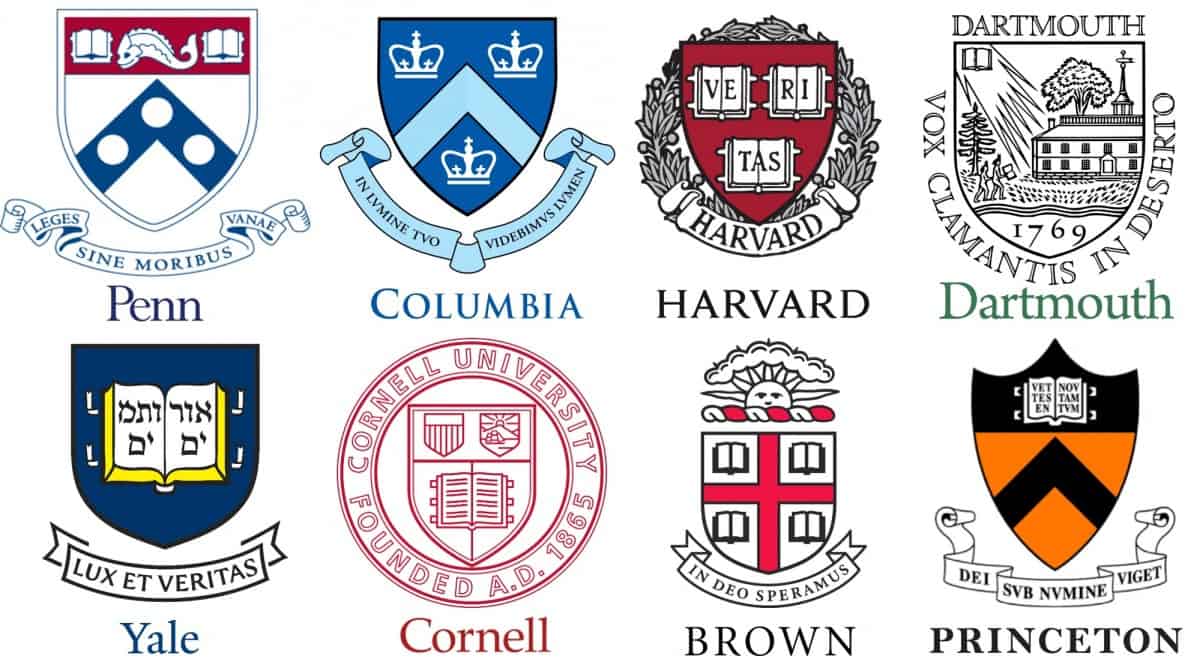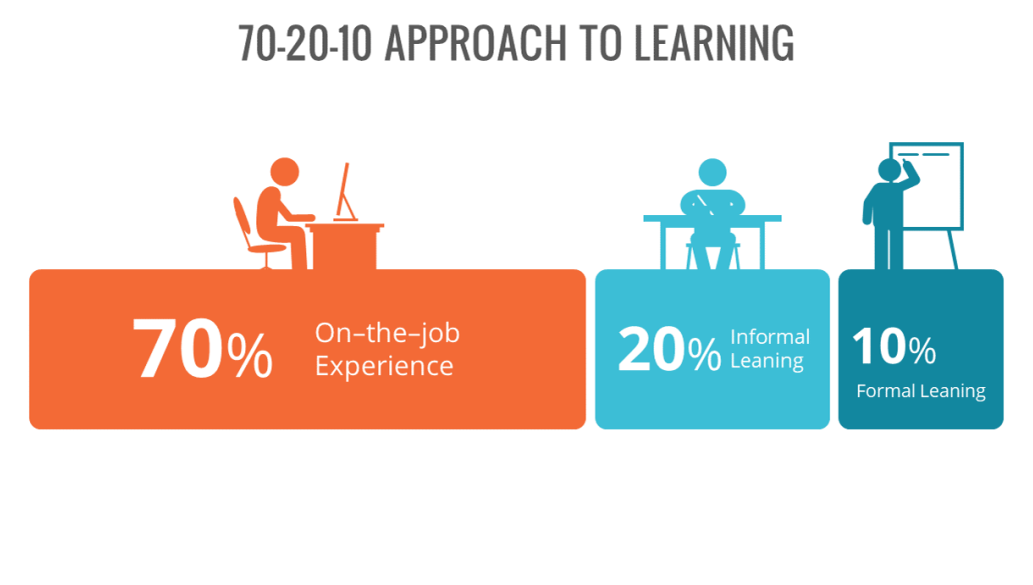
University of Limerick (UL) is one of Ireland’s youngest and most dynamic universities, known for its industry integration, innovation, and stunning riverside campus.
Established in 1972, UL is consistently ranked among Ireland’s top institutions for graduate employability and student satisfaction.
Why Choose University of Limerick?
UL’s unique emphasis on co-operative education (Co-Op) and student-centered learning makes it a preferred destination for ambitious international students.
| Feature | Details |
|---|---|
| Global Ranking | Top 500 (QS 2025) |
| Student Population | Over 17,000 students (including 2,000+ international students) |
| Location | Limerick City, Ireland |
| Reputation | Known for Co-Op work placements and student innovation |
| Graduate Employability | 95%+ employment rate within 6 months (among highest in Ireland) |
| Research Excellence | Strong in materials science, healthcare, and data analytics |
Entry Requirements for International Students
The University of Limerick provides a transparent and welcoming admissions process, especially for students from South Asia, Africa, and the Middle East.
Undergraduate Programs at University of Limerick
UL offers career-oriented undergraduate degrees with strong industry ties and placement opportunities.
| Requirement | Details |
|---|---|
| Academic Qualification | 85–95% in Class XII (CBSE/ISC/State Boards) or equivalent |
| English Proficiency | IELTS 6.0–6.5 / TOEFL iBT 90+ |
| Standardized Tests | Not required |
| Application System | Via UL portal or CAO |
| Personal Statement | Usually required |
| Letters of Recommendation | Rarely needed unless applying for scholarship |
| Extracurricular Profile | Recommended for holistic applications |
Postgraduate Programs at University of Limerick
UL’s postgraduate degrees are designed to develop critical thinking, research, and job-ready skills.
| Requirement | Details |
|---|---|
| Academic Qualification | Second Class Honours or higher (60–70%) |
| English Proficiency | IELTS 6.5+ / TOEFL iBT 90+ |
| GRE/GMAT | Not required |
| Work Experience | Required for some programs (e.g., MBA) |
| Research Proposal | Required for PhD and research programs |
Application Process to University of Limerick
University of Limerick has a user-friendly application process that supports students at every step.
| Step | Details |
|---|---|
| Research Courses | Use UL’s official website to shortlist programs |
| Prepare Documents | Academic transcripts, English test scores, SOP, ID proof |
| Apply Online | Via UL portal or CAO (for UG) |
| Pay Fees | Application fee ~€35–€50 |
| Offer Letter | Rolling decisions throughout the year |
| Accept Offer | Pay deposit and confirm seat |
| Apply for Visa | Through INIS for non-EU/EEA students |
Required Documents Checklist
A clear overview of what you’ll need to upload:
| Document | Undergraduate | Postgraduate |
|---|---|---|
| Academic Transcripts | Yes | Yes |
| Statement of Purpose | Yes | Yes |
| Letters of Recommendation | Optional | Often (2–3) |
| English Test Scores | Yes | Yes |
| Passport Copy | Yes | Yes |
| CV/Resume | Optional | Required |
| Portfolio (if applicable) | For arts/design | If required |
You Might Also Like: How To Get Into University of Galway
Key Deadlines at University of Limerick
Applying early is advisable as courses and scholarships may fill up quickly.
| Intake | Application Opens | Deadline |
|---|---|---|
| Fall (UG & PG) | October (previous year) | UG – February 1; PG – Rolling |
Important Dates for 2025 Entry
| Event | Date |
|---|---|
| UG Application Deadline | February 1, 2025 (CAO) |
| PG Application Deadline | March–June 2025 |
| Scholarship Deadline | April 2025 |
| Visa Application | May–July 2025 |
| Course Start | September 2025 |
Popular Courses at University of Limerick
University of Limerick is widely respected for programs that combine academic depth with real-world skills.
| Course | Duration | Annual Tuition Fee (EUR) |
|---|---|---|
| BEng in Mechanical Engineering | 4 years | €18,000 – €21,000 |
| BA in Journalism and New Media | 4 years | €16,500 – €18,000 |
| MSc in Business Analytics | 1 year | €17,000 – €20,000 |
| MA in Sociology | 1 year | €15,000 – €17,000 |
| PhD in Applied Sciences | 3–4 years | Funded/variable |
Scholarships for International Students
The University of Limerick provides generous financial support to help talented students achieve their goals.
| Scholarship Name | Amount (EUR) | Eligibility Criteria |
|---|---|---|
| UL Merit Scholarships | €1,500–€4,000 | Academic performance and SOP |
| Indian Student Scholarships | €2,000+ | Country-specific merit |
| Government of Ireland Scholarships | Full fee + stipend | Highly competitive, based on academics + leadership |
Student Life & Support at UL
UL’s lively and green campus is complemented by top-tier student services and global integration.
| Feature | Details |
|---|---|
| Accommodation | On-campus and private housing available |
| Part-Time Work | 20 hours/week (during semester) |
| Student Societies | 80+ clubs from sports to music, politics, and tech |
| Career Services | Resume building, placements, and employer networking |
| Health & Wellbeing | On-campus health clinic, counseling, and wellbeing resources |
| International Support | Visa workshops, cultural events, and integration support |
Need Personalized Help?
If you’re aiming for a vibrant education and strong career prospects, the University of Limerick is a fantastic choice.
Platforms like Admitix can help you get there with end-to-end guidance.
FAQs – University of Limerick
Is UL a good university?
Yes, UL is known for career-focused education, high employability, and global partnerships.
Do I need to write IELTS or TOEFL?
Yes, unless you studied in an English-medium institution for the last 5+ years.
Can I work while studying?
Yes, international students can work part-time and gain Co-Op experience during their degree.
Does UL offer scholarships?
Yes. UL offers merit-based and country-specific scholarships for UG and PG applicants.
What’s unique about UL?
Its strong Co-Op program, practical learning, and warm community vibe make it truly unique.






















